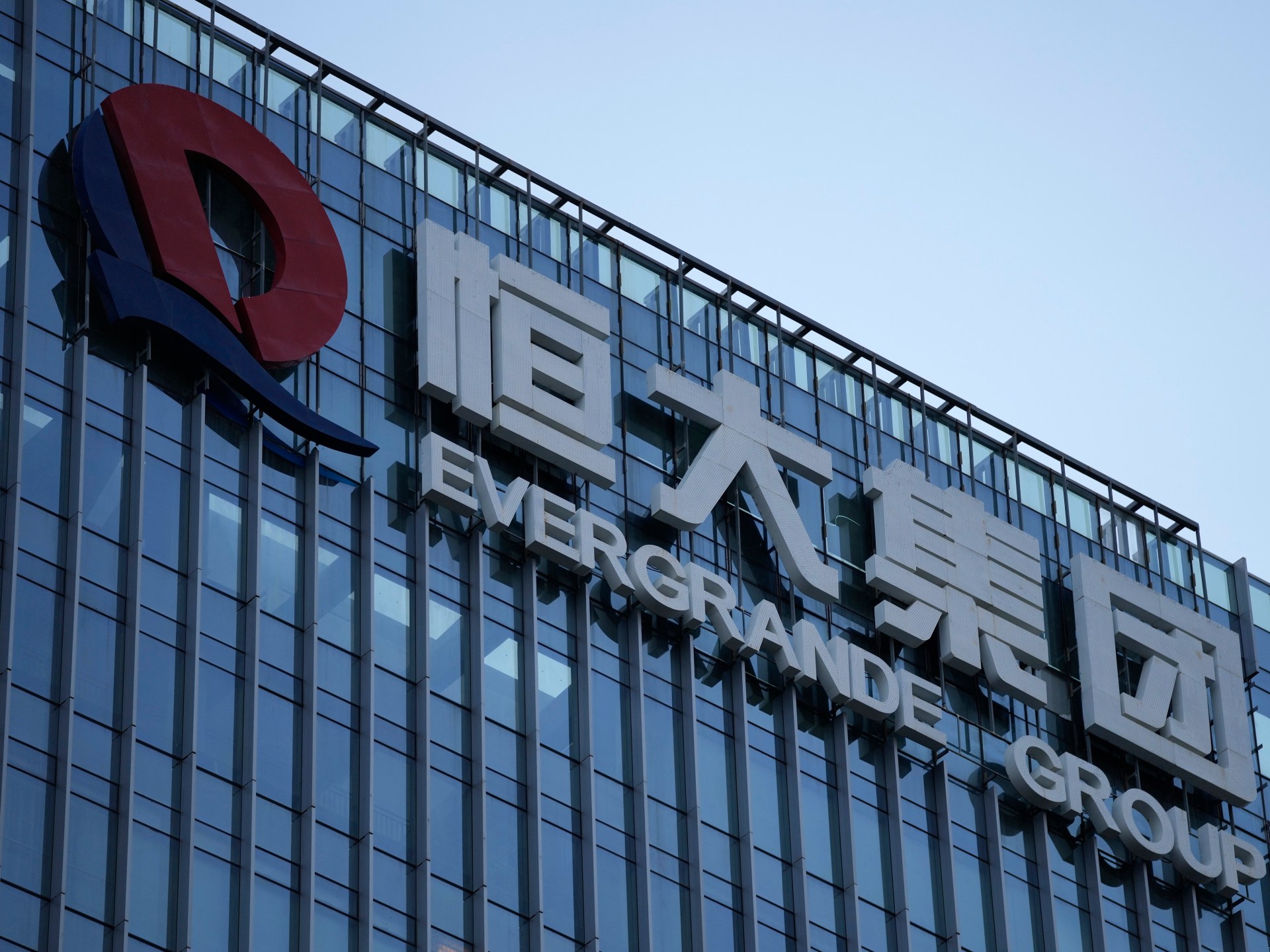China’s property giant Evergrande ordered to liquidate as debt talks fail | Economy
Hong Kong court orders developer to wind up after finding company has no viable restructuring plan.
China’s troubled real-estate giant the Evergrande Group has been ordered to liquidate, a move likely to deal a fresh blow to confidence in the world’s second-largest economy.
A Hong Kong court made the ruling on Monday after the company failed to convince a judge it had a workable plan to restructure some $300bn in debts.
“It would be a situation where the court says enough is enough,” Judge Linda Chan said.
“I consider that it is appropriate for the court to make a winding up order against the company, and I so order.”
The ruling follows 18 months of legal wrangling after creditor Top Shine in 2022 filed a petition to wind up the developer in a bid to recoup its losses.
Evergrande, the world’s most indebted developer, had been granted a brief reprieve in December after arguing it was seeking to refine its restructuring plan.
Evergrande’s default on repayments to international investors in 2021, after Beijing began cracking down on excessive borrowing for real estate, sent shockwaves through China’s property sector, which accounts for an estimated 15-30 percent of the economy.
More than 50 Chinese real estate developers have defaulted or missed payments during the past three years, according to credit ratings agency Standard and Poor’s.
Hong Kong-listed shares in Evergrande plunged more than 20 percent following the ruling on Monday, before the city’s stock exchange halted trading in the stock.
The move is the latest in a series of warning signs for China’s $18 trillion economy, whose post-COVID recovery is facing challenges ranging from crackdowns on private industry, a declining population and an exodus of foreign capital.
China’s official GDP growth of 5.2 percent last year was the worst performance in decades, excluding the COVID-19 pandemic.
After Monday’s ruling in Hong Kong, the fate of Evergrande’s asset sheet is uncertain.
While China recently signed a mutual recognition agreement on insolvency and restructuring with semi-autonomous Hong Kong, it is unclear whether mainland courts would sanction liquidators seizing the developers assets in the country.
Hong Kong’s common law system, adopted during the British colonial era, is distinct from China’s communist party-controlled courts.
Chinese mainland courts have on occasion recognised bankruptcy decisions in Hong Kong, including a 2022 ruling in Shenzhen related to the reorganisation of a paper manufacturing firm.




